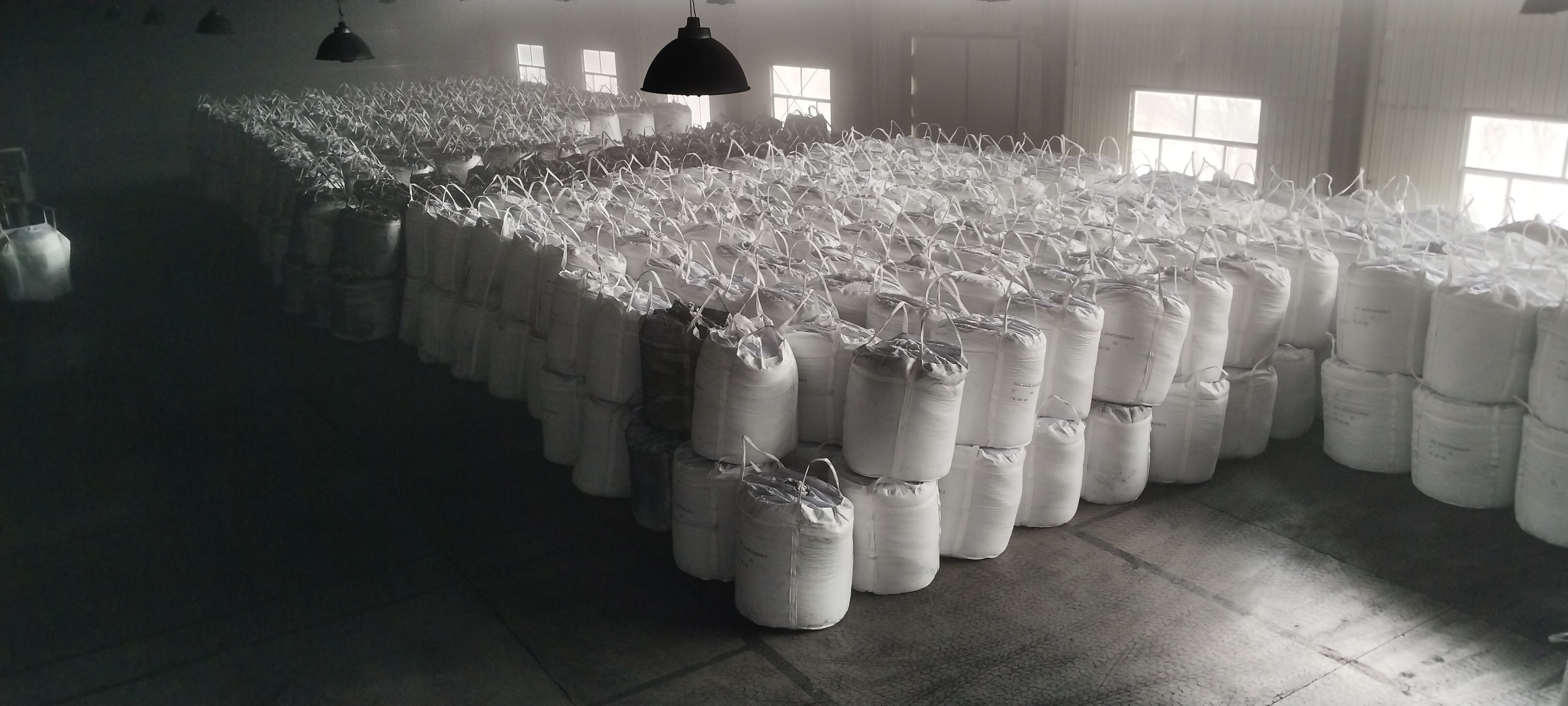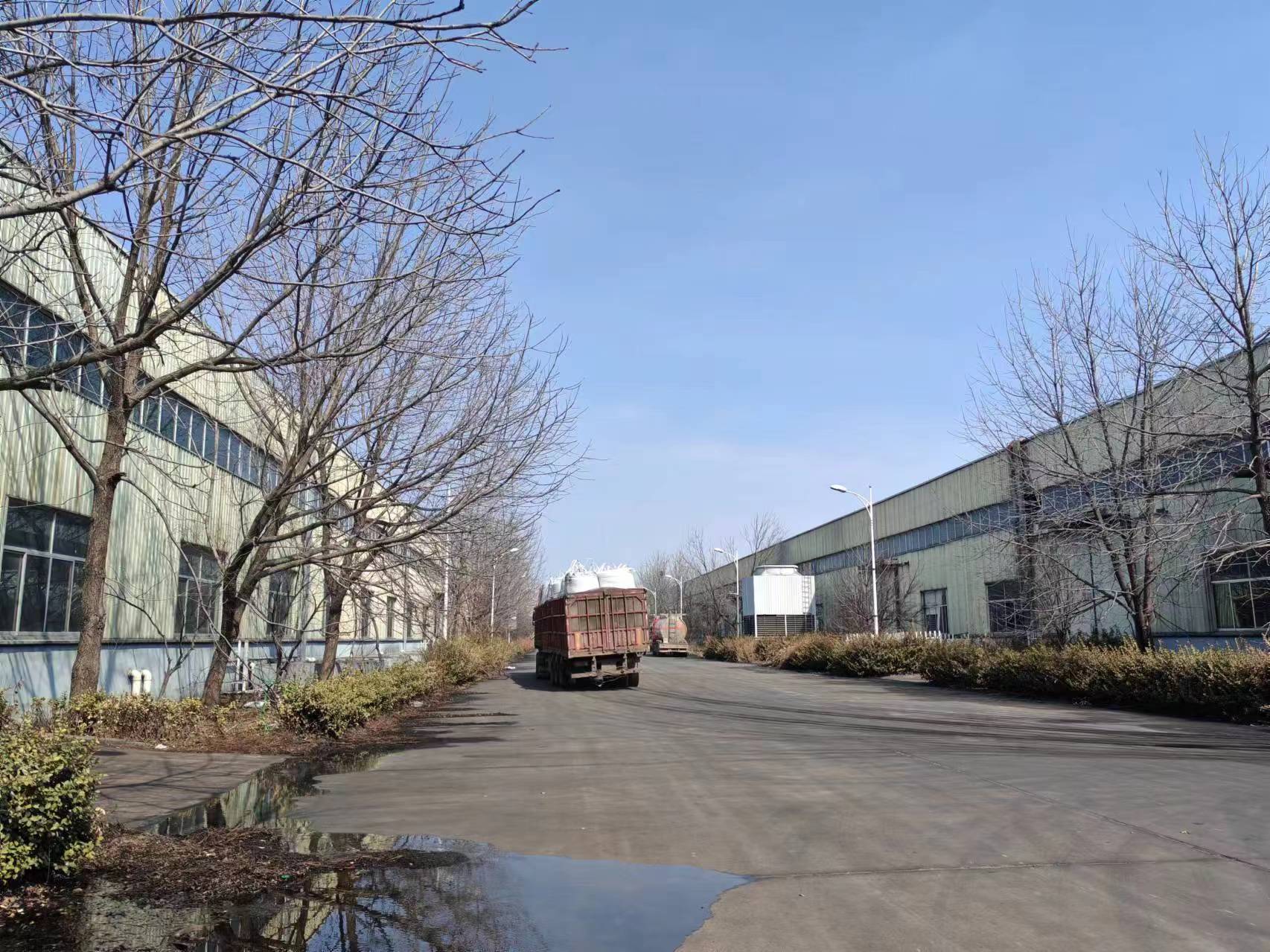Coal and petroleum coke carburants are both commonly used as carbon additives (carburants) in various industrial processes, particularly in steelmaking and foundry operations. While they serve a similar purpose of introducing carbon into molten metal to adjust its composition and properties, there are several key differences between the two:
1. Source:
Coal carburants are derived from coal, a naturally occurring fossil fuel primarily composed of carbon, along with other elements such as hydrogen, sulfur, and oxygen.
Petroleum coke carburants are derived from petroleum coke, a byproduct of the refining of crude oil. Petroleum coke is produced through the thermal cracking and carbonization of heavy petroleum fractions.
2. Composition:
Coal carburants typically contain a mix of carbon compounds, including elemental carbon and various hydrocarbons. The composition of coal carburants can vary depending on the type of coal and the processing methods used.
Petroleum coke carburants consist mainly of carbon, with minimal amounts of other elements. Petroleum coke is characterized by its high carbon content and low impurity levels, making it a desirable carbon additive for many industrial applications.
3. Energy Content:
Coal carburants generally have a higher energy content compared to petroleum coke carburants due to the presence of organic compounds such as hydrocarbons. This can result in different combustion characteristics and heat release properties.
Petroleum coke carburants have a relatively lower energy content compared to coal carburants since they consist primarily of carbon. However, they still provide effective carbon addition for metallurgical processes.
4. Ash Content and Impurities:
Coal carburants may contain higher levels of ash and impurities compared to petroleum coke carburants, depending on the coal source and processing methods. Ash and impurities can impact the quality of the final product and may require additional refining steps.
Petroleum coke carburants typically have lower levels of ash and impurities, making them more consistent and predictable in their performance. This can result in better process control and product quality in industrial applications.
5. Cost and Availability:
The cost and availability of coal and petroleum coke carburants can vary depending on factors such as regional supply, transportation logistics, and market demand. In some regions, one type of carburant may be more readily available or cost-effective than the other.
Overall, the choice between coal and petroleum coke carburants depends on factors such as process requirements, product specifications, cost considerations, and environmental regulations. Each type of carburant has its advantages and limitations, and manufacturers may select the most suitable option based on their specific needs and constraints.


 0086-533-8173117
0086-533-8173117
 No. 15, Xishan Road, Nanding Town, Zibo, Shandong,China
No. 15, Xishan Road, Nanding Town, Zibo, Shandong,China
 0086-15315209201
0086-15315209201
 emily@qingdaohengyue.com
emily@qingdaohengyue.com